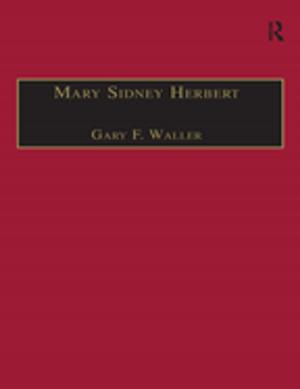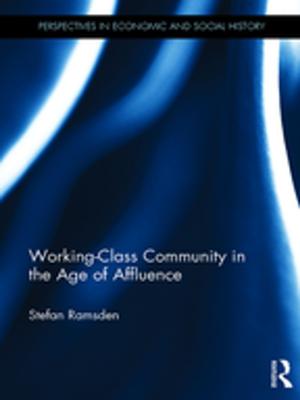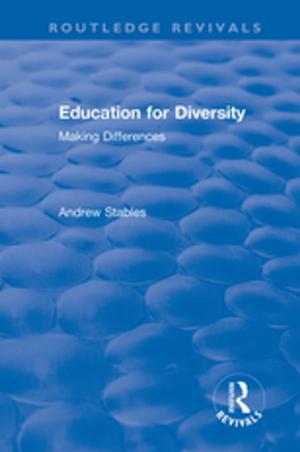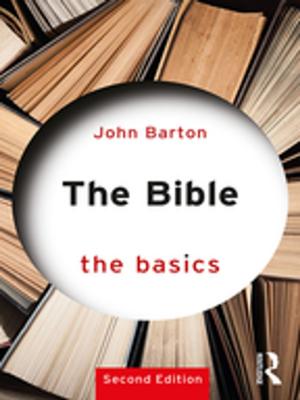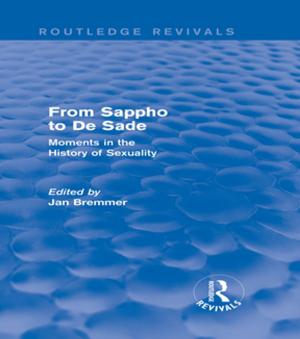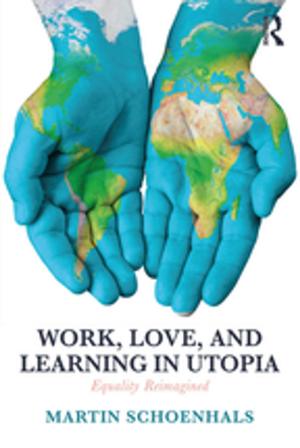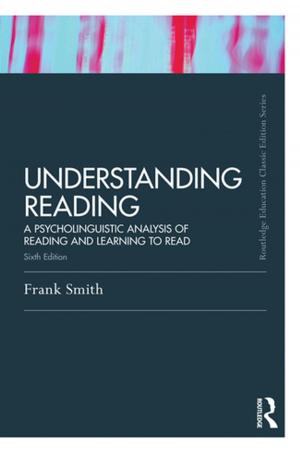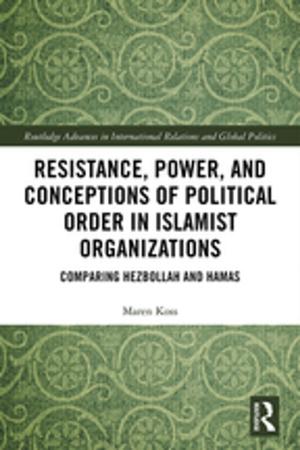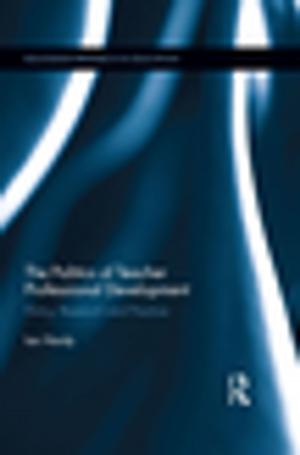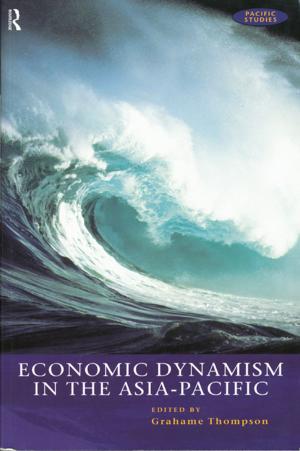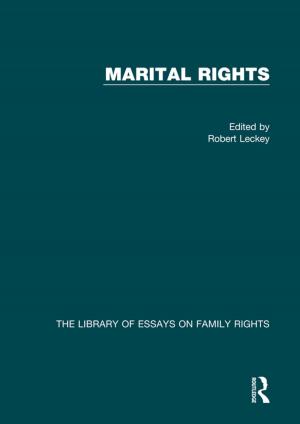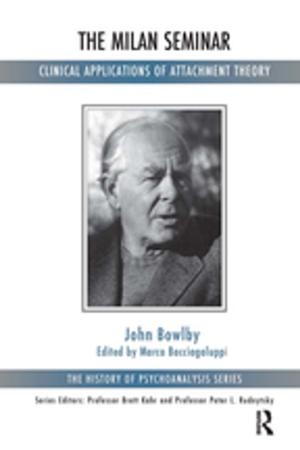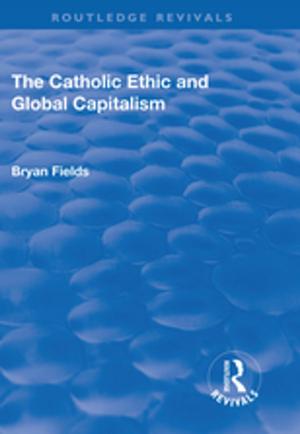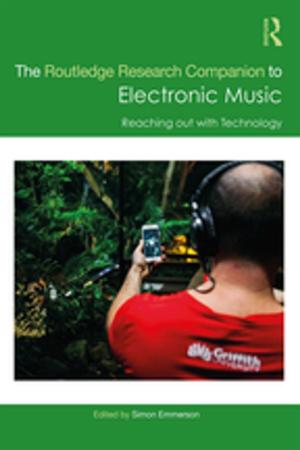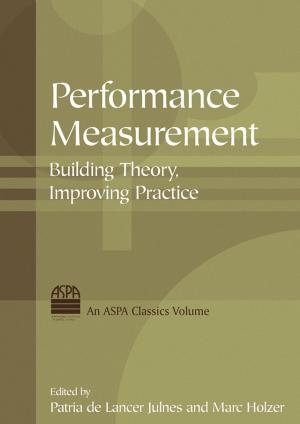Archaeologies of Us and Them
Debating History, Heritage and Indigeneity
Nonfiction, Social & Cultural Studies, Social Science, Archaeology| Author: | ISBN: | 9781317281672 | |
| Publisher: | Taylor and Francis | Publication: | February 17, 2017 |
| Imprint: | Routledge | Language: | English |
| Author: | |
| ISBN: | 9781317281672 |
| Publisher: | Taylor and Francis |
| Publication: | February 17, 2017 |
| Imprint: | Routledge |
| Language: | English |
Archaeologies of “Us” and “Them” explores the concept of indigeneity within the field of archaeology and heritage and in particular examines the shifts in power that occur when ‘we’ define ‘the other’ by categorizing ‘them’ as indigenous. Recognizing the complex and shifting distinctions between indigenous and non-indigenous pasts and presents, this volume gives a nuanced analysis of the underlying definitions, concepts and ethics associated with this field in order to explore Indigenous archaeology as a theoretical, ethical and political concept.
Indigenous archaeology is an increasingly important topic discussed worldwide, and as such critical analyses must be applied to debates which are often surrounded by political correctness and consensus views. Drawing on an international range of global case studies, this timely and sensitive collection significantly contributes to the development of archaeological critical theory.
Archaeologies of “Us” and “Them” explores the concept of indigeneity within the field of archaeology and heritage and in particular examines the shifts in power that occur when ‘we’ define ‘the other’ by categorizing ‘them’ as indigenous. Recognizing the complex and shifting distinctions between indigenous and non-indigenous pasts and presents, this volume gives a nuanced analysis of the underlying definitions, concepts and ethics associated with this field in order to explore Indigenous archaeology as a theoretical, ethical and political concept.
Indigenous archaeology is an increasingly important topic discussed worldwide, and as such critical analyses must be applied to debates which are often surrounded by political correctness and consensus views. Drawing on an international range of global case studies, this timely and sensitive collection significantly contributes to the development of archaeological critical theory.

